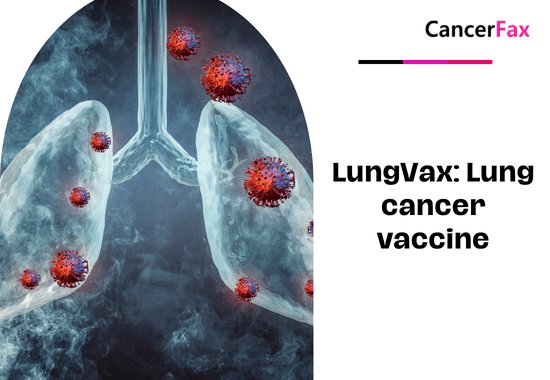A study conducted in the US found that regular exercise reduces the risk of 7 different types of cancer. This study was conducted by the American Cancer Society, The National Cancer Institute, & Harvard T.Chan School of public health. This study was published in Journal of Clinical Oncology.
Purpose of the study
To determine whether recommended amounts of leisure-time physical activity (i.e, 7.5-15 metabolic equivalent task [MET] hours/week) are associated with lower cancer risk, describe the shape of the dose-response relationship, and explore associations with moderate- and vigorous-intensity physical activity.
Result of the study
A total of 755,459 participants (median age, 62 years [range, 32-91 years]; 53% female) were followed for 10.1 years, and 50,620 incident cancers accrued. Engagement in recommended amounts of activity (7.5-15 MET hours/week) was associated with a statistically significant lower risk of 7 of the 15 cancer types studied, including colon (8%-14% lower risk in men), breast (6%-10% lower risk), endometrial (10%-18% lower risk), kidney (11%-17% lower risk), myeloma (14%-19% lower risk), liver (18%-27% lower risk), and Non-Hodgkin lymphoma (11%-18% lower risk in women). The dose response was linear in shape for half of the associations and nonlinear for the others. Results for moderate- and vigorous-intensity leisure-time physical activity were mixed. Adjustment for body mass index eliminated the association with endometrial cancer but had limited effect on other cancer types.
Regular exercise was specially linked to :
- An 8% lower risk of colon cancer in men for 7.5 MET hours per week and a 14% lower risk for 15 MET hours per week
- A 6% lower risk of breast cancer in women for 7.5 MET hours per week and a 10% lower risk for 15 MET hours per week
- A 10% lower risk of endometrial cancer in women for 7.5 MET hours per week and an 18% lower risk for 15 MET hours per week
- An 11% lower risk of kidney cancer for 7.5 MET hours per week and a 17% lower risk for 15 MET hours per week
- A 14% lower risk of multiple myeloma for 7.5 MET hours per week and a 19% lower risk for 15 MET hours per week
- An 18% lower risk of liver cancer for 7.5 MET hours per week and a 27% lower risk for 15 MET hours per week
- An 11% lower risk of Non-Hodgkin lymphoma in women for 7.5 MET hours per week and an 18% lower risk for 15 MET hours per week
So it is true that regular exercise is a very potent weapon for cancer prevention. The proven cancer types that can be prevented are Colon cancer, Breast cancer, Endometrial cancer, Kidney cancer, Multiple Myeloma, Liver cancer, Myeloma, Non-Hodgkin Lymphoma.
Just by walking 30 minutes a day reduces these risks tremendously.

